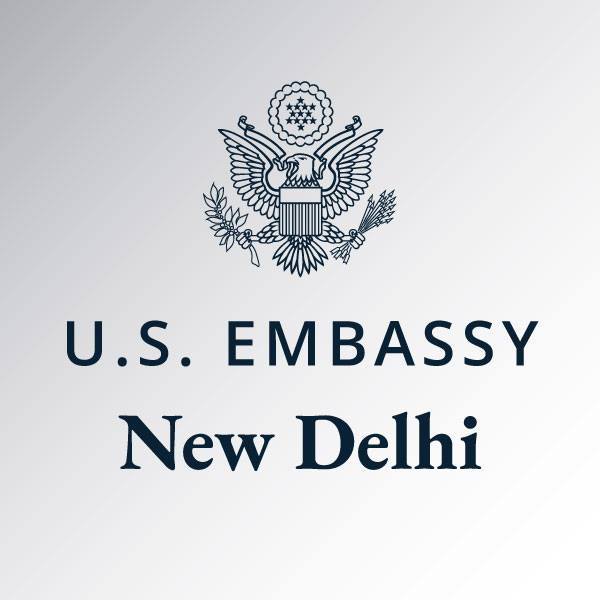New Delhi (NVI): The United States Embassy here today organised a workshop to explore the concrete steps needed to address the issue of air pollution in India and its health impacts.
Many of the world’s most polluted cities are in India. As a result, India’s exposure to exposure to air pollution is among the highest in the world. This has led to a large increase in pollution-related deaths and diseases.
The workshop that brought together a wide range of representatives from the Indian and US Government as well as development professionals, scientists, members of the private sector and civil society noted that India loses billions of dollars in term of economic productivity and endures incalculable expenditures on health care.
Given the complexity of the issue the workshop provided an opportunity for strengthening collaboration between experts from India and the US.
Speaking at the event Edgard Kagan, US Deputy Chief of Mission said, “There is growing consensus in India to act. The strength of Indian democracy and an awareness on the part of policymakers will make the difference…We are partners in this because we believe that together we can work to address the challenges.”
According to the event organisers the US Government in partnership with the Government of India will collate the findings from this workshop to identify next steps as they work together to mitigate the effects of air pollution and reduce its health impacts.
Experts from the health, environment, energy and disaster risk management fields indulged in a multi-sectoral approach to discuss the challenges, propose solutions and devise ways to put the solution into action.
On their part the representatives from the US Agency for International Development, the US Department of State and the US Department of Health and Human Services shared how the United States is supporting India’s efforts to reduce pollution and its health impacts by leveraging the US and Indian innovation and expertise in clean technology.
Participants included Joint Secretary Nidhi Khare from the Ministry of Environment, Forest and Climate Change and Joint Secretary Lav Agarwal from the Ministry of Health and Family Welfare as well as representatives from the United Nations Environment Programme and the World Health Organization.








